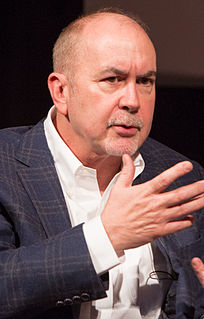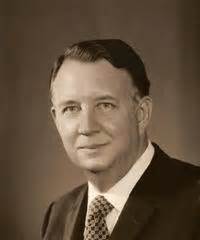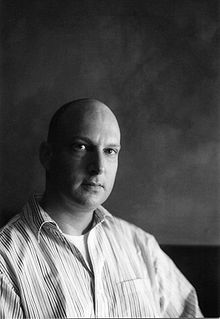A Quote by Terence Winter
I'm not interested in someone's credits. Let me see who you are, and tell me a story of your life.
Related Quotes
What would you do if you were me? Tell me. Please tell me! But you're far from this. Your fingers turn the strangeness of these pages that somehow connect my life to yours. Your eyes are safe. The story is just another few hundred pages of your mind. For me, it's here. It's now. I have to go through with this, considering the cost at every turn. Nothing will be the same.
We who are born from above testify to the change that God has wrought in our hearts. Perhaps the best time for you to tell someone what has taken place in your life is when that person comes to you and says, 'What has happened to you? I have known you before and after. You are different, Tell me about it.' This is the best opportunity to tell someone about Christ. If they don't see a difference, all the talking in the world is meaningless.
The best time to tell your story is when you have to tell your story. When it's not really a choice. But then, when you get that first, messy, complicated version down, you have to read it over and be very tough on yourself and ask, 'Well what's the story here?' If you're lucky enough to have someone you trust looking over your shoulder, he or she can help you if [you] lack perspective on your own story.
Don't speak to me about your religion; first show it to me in how you treat other people. Don't tell me how much you love your God; show me in how much you love all God's children. Don't preach to me your passion for your faith; teach me through your compassion for your neighbors. In the end, I'm not as interested in what you have to tell or sell as I am in how you choose to live and give.
I don't ask my students to have studied film or any education in general. What I ask them is to come and sit and tell me a story, and the way they choose it and tell it, for me, the best criteria for whether they are right for making films. There's nothing more important than being able to tell your story orally.
I’ve been rereading your story. I think it’s about me in a way that might not be flattering, but that’s okay. We dream and dream of being seen as we really are and then finally someone looks at us and sees us truly and we fail to measure up. Anyway: story received, story included. You looked at me long enough to see something mysterioso under all the gruff and bluster. Thanks. Sometimes you get so close to someone you end up on the other side of them.
Lie beside me. Let me see the division of your pores. Let me see the web of scars made by your family's claws and you their furniture. Let me see the wounds that they denied. The battle ground of family life that has been your body. Let me see the bruised red lines that signal their encampment. Let me see the routed place where they are gone. Lie beside me and let the seeing be healing. No need to hide. No need for either darkness or light. Let me see you as you are.
Vera said: 'Why do you feel you have to turn everything into a story?' So I told her why: Because if I tell the story, I control the version. Because if I tell the story, I can make you laugh, and I would rather have you laugh at me than feel sorry for me. Because if I tell the story, it doesn't hurt as much. Because if I tell the story, I can get on with it.
I was interested in the ways we can write biography. When you're first starting to write about your own life it feels so shapeless because you don't know how to make your own story cohesive. How do I pluck a story out of the entirety of what it means to be alive. It occurred to me recently that when you're telling a story about your own life, rather than taking a chunk, you're kinda like lifting a thread from a loom.






































